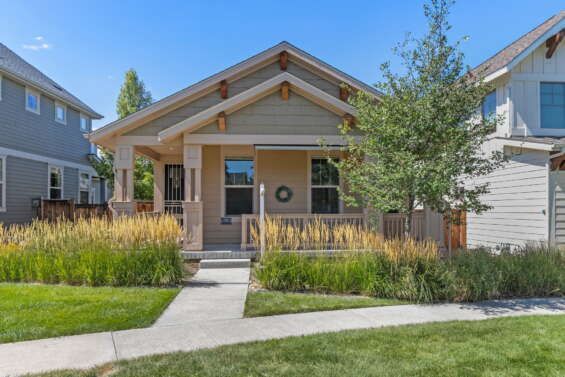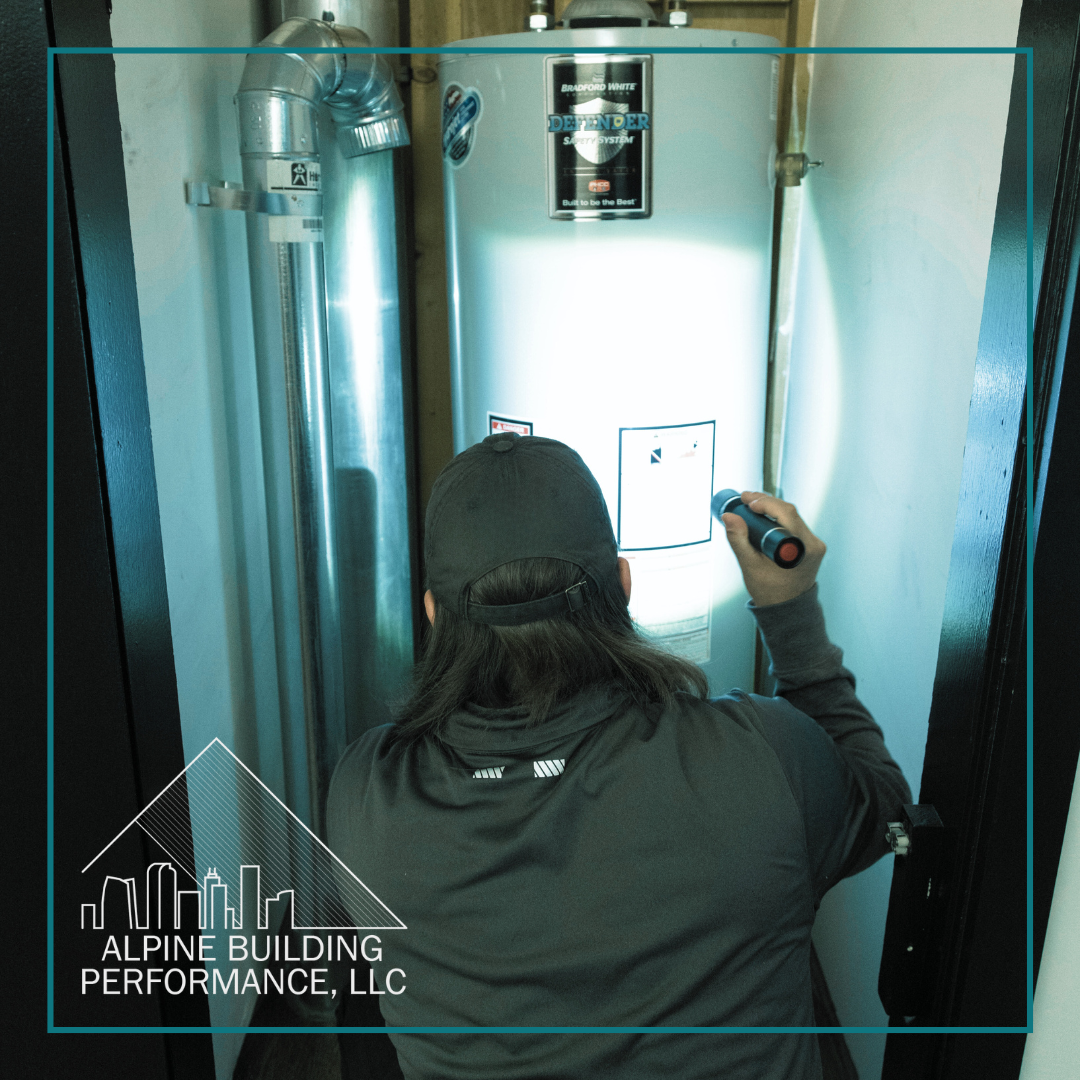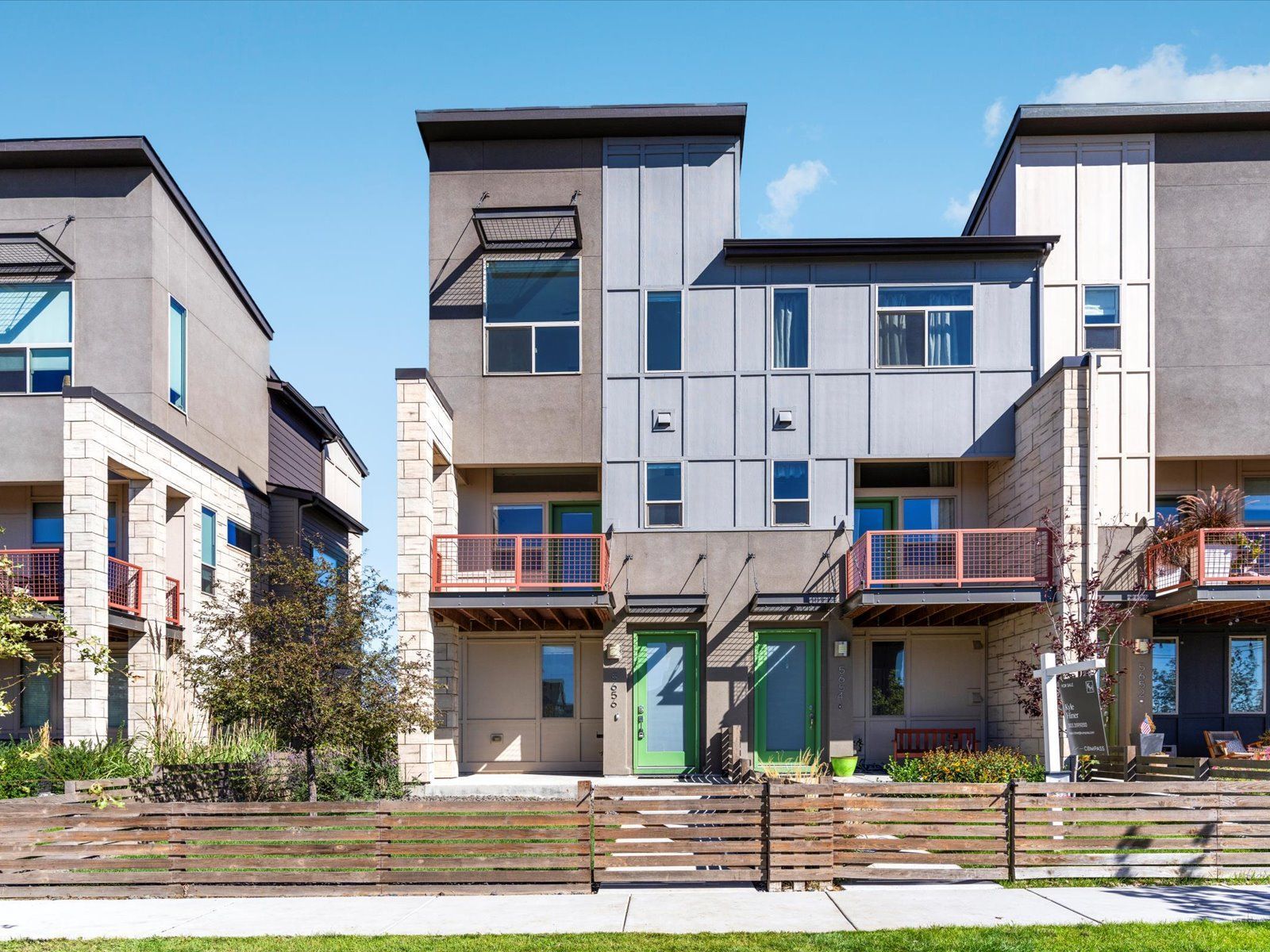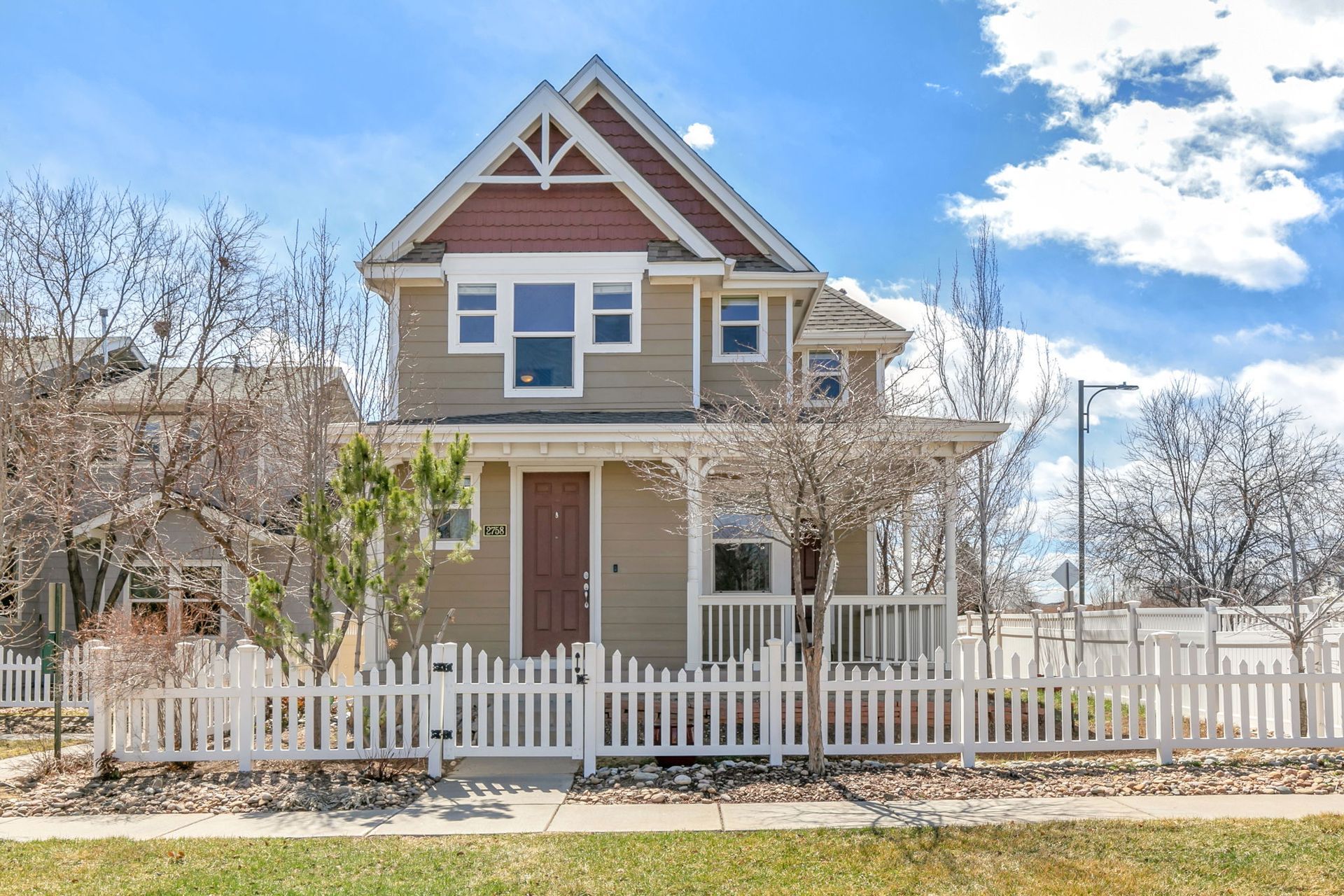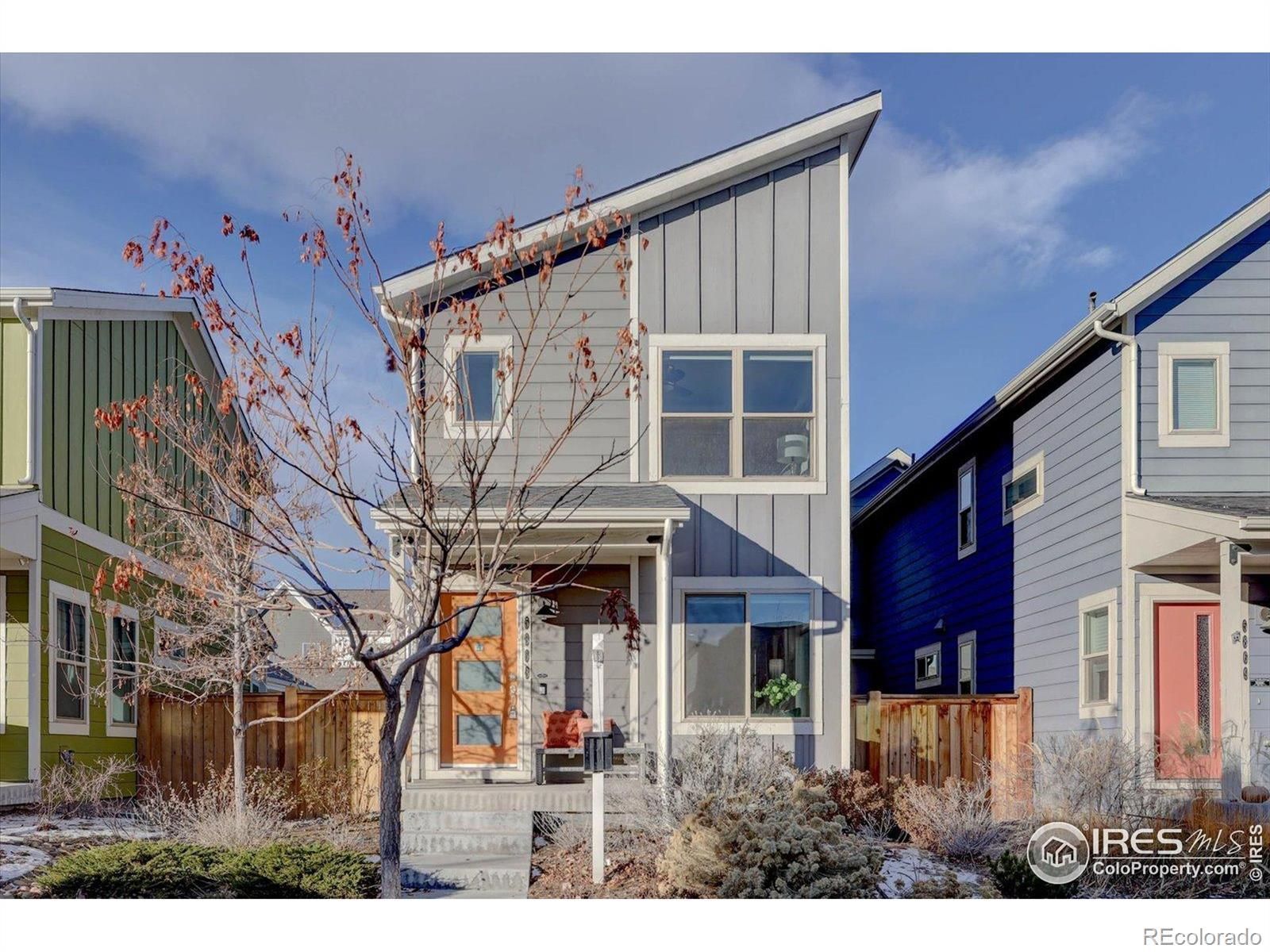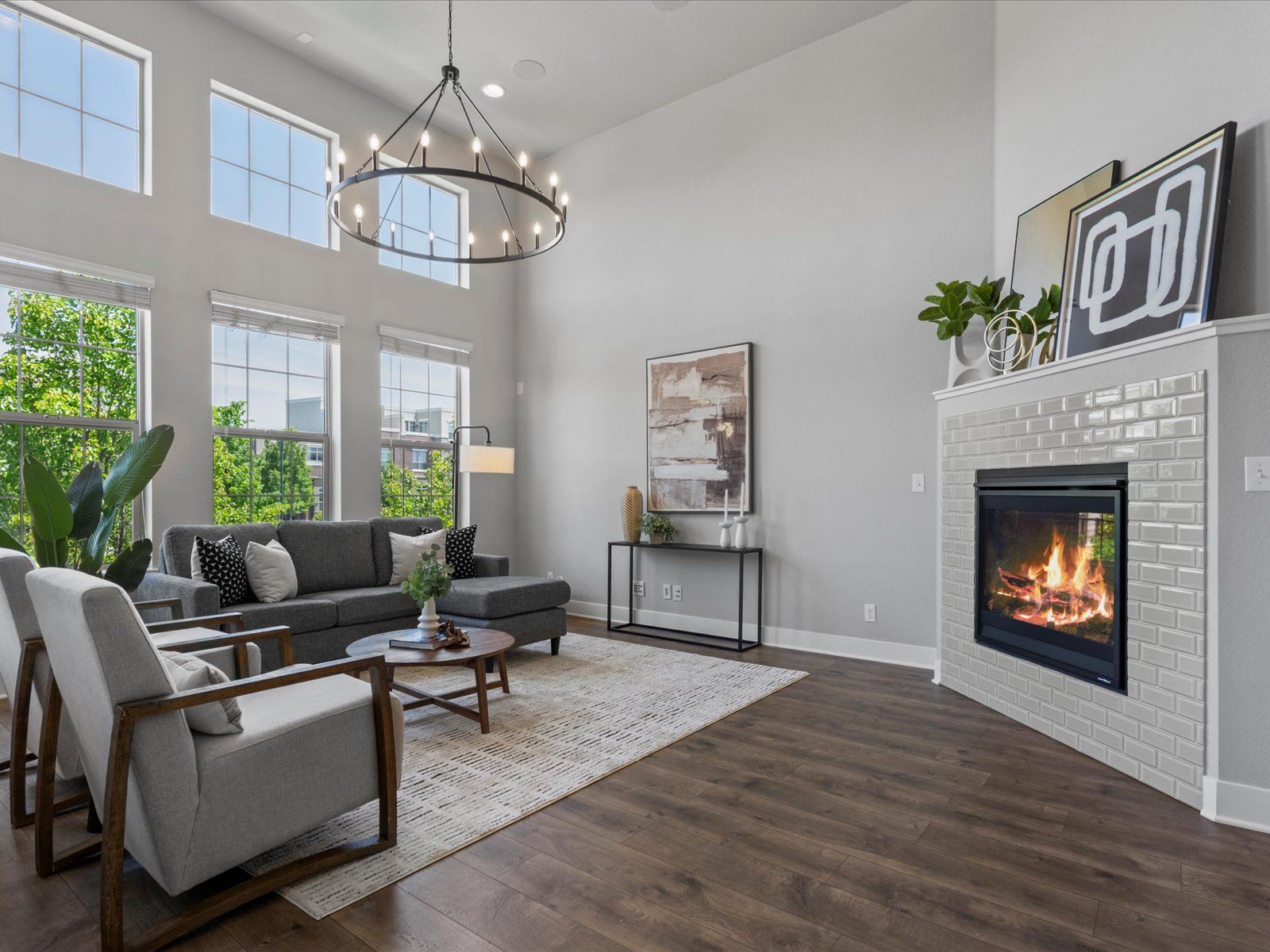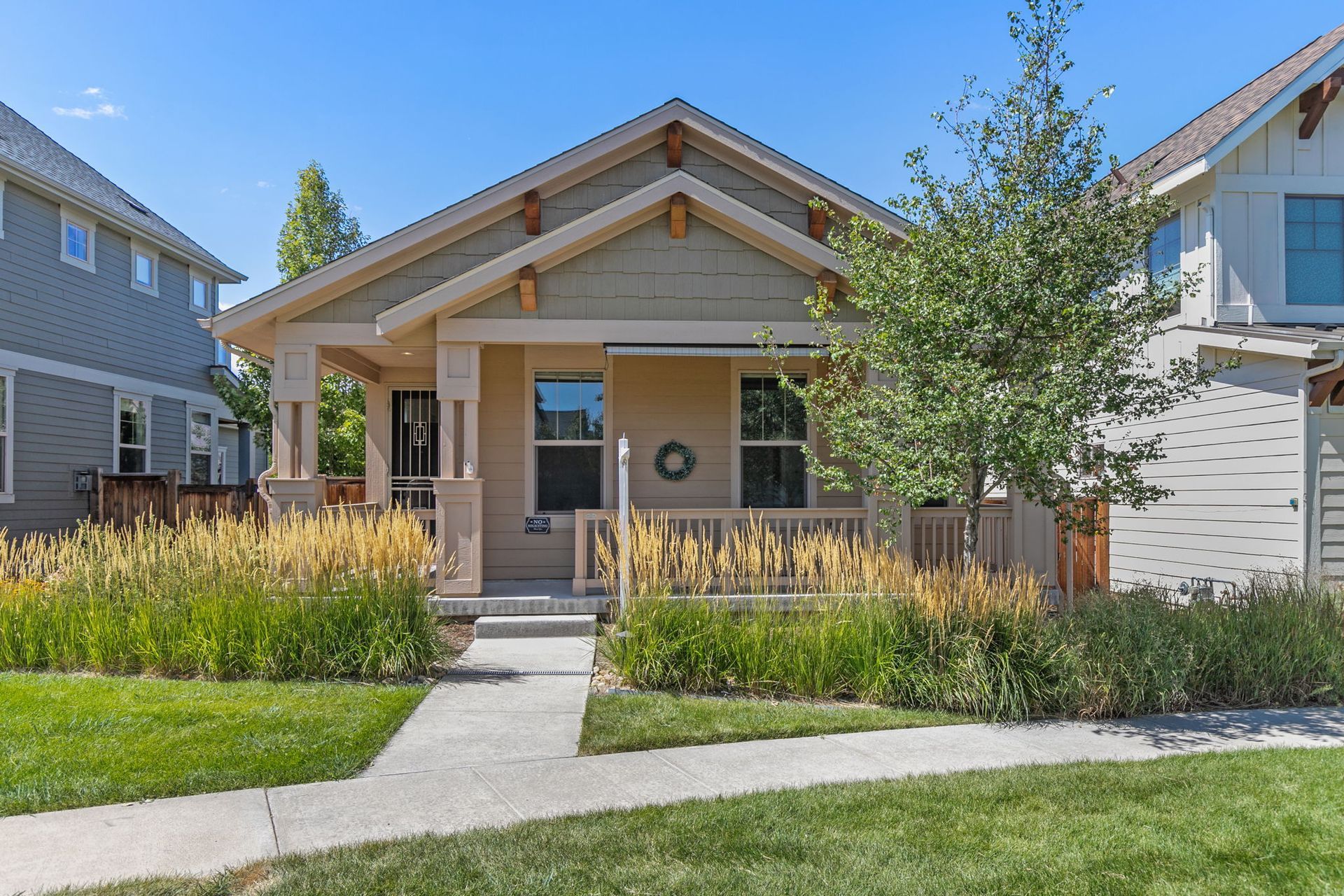Is Focus Real Estate the Right Fit for Your Property Management Needs?
Is Focus Real Estate the Right Fit for Your Property Management Needs?
Is Focus Real Estate the right fit for your property management needs? We spend a lot of time talking to prospective property management clients early in the process as we help them answer that very question in their minds.
To save time for you and for us, we wrote this blog post that explains who we’re a good fit for…and who we aren’t a good fit for! Providing great service is largely dependent on knowing our ideal client and pouring all your efforts into serving them, rather than trying to be the right fit for everyone.
Before we jump into this post, I want to mention that we provide both brokerage (buying/selling) and property management services to the Central Park community. If you need either of those services we’d love to help, and you can find more info on our website.
Ok…back to helping you decide if we’re the right property manager for you. Property management is a long-term relationship and it’s critical that both you as the property owner and us as the manager feel good about the relationship. If we’re not a good fit based on investment philosophy, communication style, personality type, etc we’d rather figure that out upfront as that’s best for you and us. Let’s review who we’re a good fit for and see if that’s you! If you prefer to watch a video on this topic you can find that here.
We’re a good fit to be your property manager if:
You have a relatively newer home (built in 1990 or later) and it’s located within Central Park or 15 minutes of there. Why are we only serving this area? Because this is where we live, where we’ve been buying/selling homes for 13+ years and where we are confident we can provide a high level of service. We don’t believe in the “we go anywhere and do anything” approach to business, which we think often results in a diluted, generic level of service. (Here is a sample of the homes we manage)
Your focus is on the protecting and growing the value of the home long term. Our best clients are mindful of short-term cash flow, but primarily focused on the benefits of owning the home and caring for it over the long term. If monthly cash flow is your primary focus homes in Central Park may not be the best investment for you.
You have other things to focus on in life and you’re open to trusting us with control over the management of your asset. Our best clients trust us to manage the details of their property for them so they can focus on what matters most to them in life right now. Those more important things could be things like time with their kids, travel, work, focusing on health, or just leisure time. If a client is going to struggle to give control of the management to us, we suggest they self-manage. Why pay a property manager then also be so involved you’re still stressed about it? By the way, as the owner you’re still involved with decision making on repairs over $500, on rental rates, on lease terms and on other key items.
You care about providing a good experience for the tenants. We are your fiduciary as the owner of the property, but we also think it’s wise to provide a great experience for the tenants. Tenants are paying a lot in rent in Central Park and should receive a safe, comfortable and well-cared for home. This is also just good business! By caring for the tenants needs we keep the homes in great shape, we are able to charge top dollar rental rates and we minimize costly vacancy caused by unnecessary tenant turnovers.
You are “cash flow positive” or at least break even on a monthly basis. In our experience homeowners that are cash flow positive or break even on a monthly basis are more likely to be ok with the inevitable maintenance investments that must be made as a landlord. Things will break over time, and they will require investment from you as the owner. When an owner is cash flow negative each month already we often find that they struggle to make the necessary investments in ongoing maintenance. Note: We have noticed that owners who purchased their home before Spring of 2022 will typically be cash flow positive and those that purchased their home after Spring 2022 will be cash flow negative. Why? Interest rates went from 3% to over 5% that spring, dramatically affecting an owners cost of owning a home. What if you understand your home will be cash flow negative but you still want/need to rent it out? We’re happy to still help you manage the home, we’ll just want to have a conversation early about cash flow and investments in maintenance.
You understand repairs will happen and inflation has happened. Repairs on rental properties are inevitable, and we work best with owners that understand there will be times when they need to contribute money to keep the property in good shape. Furnaces break, leaks happen, paint fades. An owner that can keep an eye on the long-term value understands that these investments are worth it. We mention inflation as well because the cost of everything has gone up the past 5 years, and that includes all materials, equipment and contractor hourly rates.
You see the value in our service and are ok with our fee structure. We have a team focused on property management and we provide a high level of service for the fees we charge. (You can see those services and pricing here). Our fees are what allow us to operate this business in a sustainable fashion. Our best clients see the benefits of paying the fees and understand that it frees them up to focus on what is most important to them.
We’re likely not a good fit if:
You have an older home (built before 1990) and/or it’s located outside of Central Park or more than 15 minutes of there. We don’t believe in the “we go anywhere and do anything” approach to business, which we think often results in a diluted, generic level of service.
Your focus is on short term cash flow over protecting and growing the value of the home long term. Clients focused on short term cash flow are more likely to be happy owning property in a less expensive area where the required investment is lower and the likely return on investment in terms of monthly cash flow is higher.
You want tight control over the small details of the management of your asset. If you struggle with this idea of giving over control of the asset to a property manager you’ll be happier self-managing it. You won’t likely be happy with Focus Real Estate or any other property manager.
You don’t care about providing a good experience for the tenants. Owners that only care about making money and don’t have empathy towards the tenants are not for us. This is a business and we run it as such, but we believe providing tenants with a good experience is good business. It keeps your property from deteriorating, it helps you avoid vacancy and it allows you to charge top dollar rents.
You are “cash flow negative” on a monthly basis. In our experience homeowners that are cash flow negative on a monthly basis are less likely to be ok with the inevitable maintenance investments that must be made as a landlord.
You don’t think repairs will be needed and don’t recognize inflation has happened. Repairs on rental properties are inevitable. Any time we’re hiring someone to do a repair we have to pay them for their time and expertise. An owner that is not a good fit sees a repair and thinks “I could have done that cheaper myself”. Yes, if you do it yourself and you don’t have any labor expense for your time you could potentially do it cheaper. Our best clients value their time and don’t’ want to to spend it on doing repairs they aren’t experienced in.
You don’t see the value in our service and aren’t ok with our fee structure. We have a team focused on property management and we provide a high level of service for the fees we charge. (You can see those services and pricing here). Our fees are what allow us to operate this business in a sustainable fashion. Clients that don’t see the value in our service and push for discounted fees are typically not our ideal clients.
Hopefully that explanation of who we work best with helps as you decide which property management company is for you! If you like what you read and think we’d work well together set up a call using the link below. We’d love to get started and manage your home for you!


